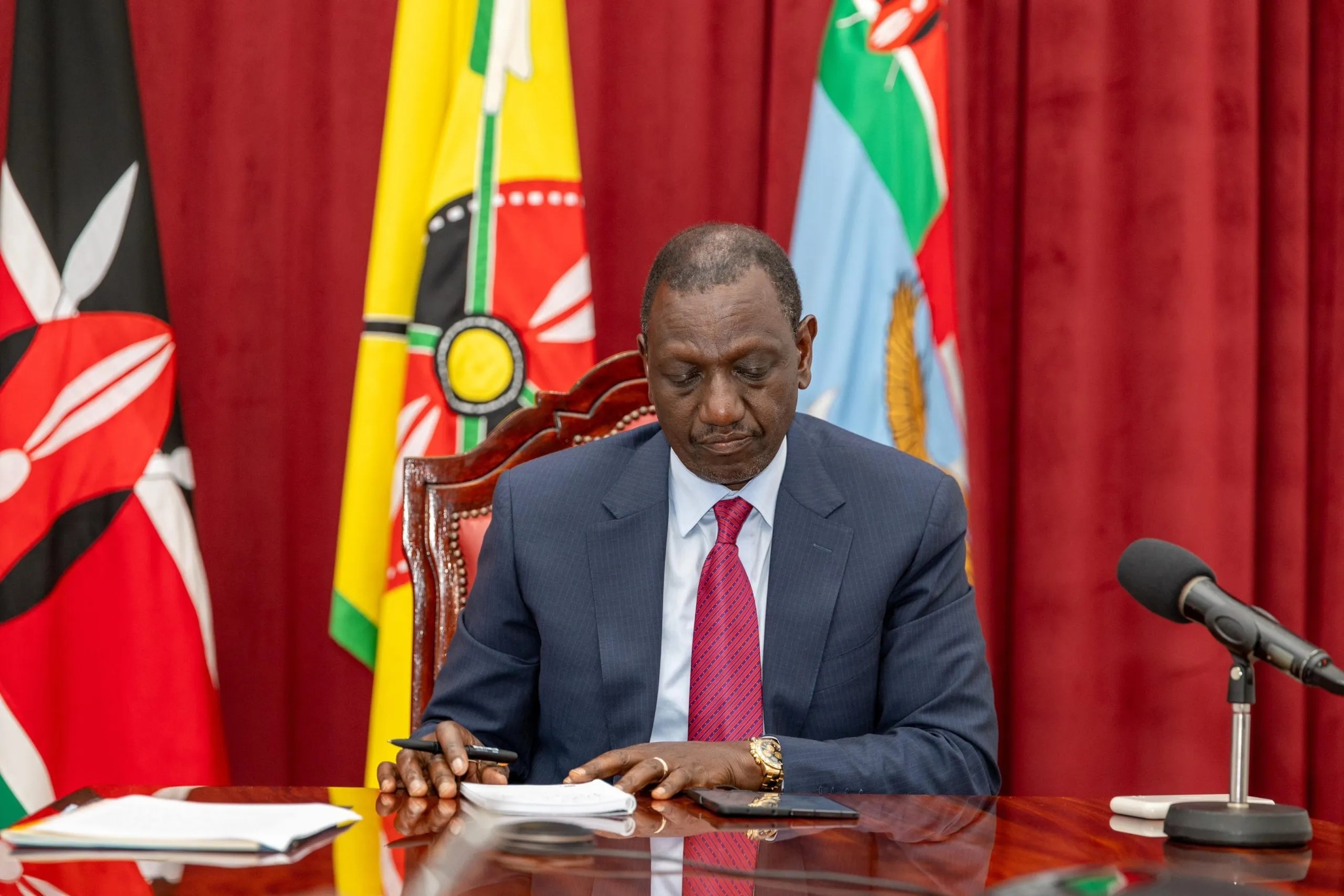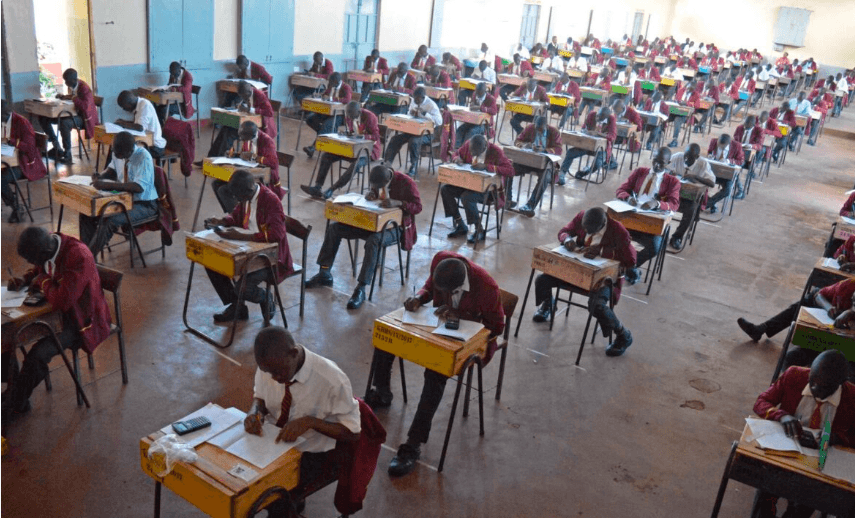Kenya could still raise more revenues from customs duty and support the growth of its local industries despite the fall of the Finance Bill 2024.
This follows a decision by the East African Community (EAC) to grant Kenya its wish on several proposals to charge higher import duty on some finished commodities, while allowing lower rates for raw materials to support local production.
It includes mobile phones, television sets among other electronics, toys, edible oil, and diapers, among others.
This is under the EAC Common External Tariff (CET) which has a four band with a minimum rate of 0 per cent, rates of 10 per cent, 25 per cent and a maximum rate of 35 per cent, in respect of all products imported into the community.
The fourth band of 35 per cent was adopted in May 2022 to help safeguard and sustain existing investments in the region and encourage local manufacturing, value addition and industrialisation.
Countries have however been seeking either higher or lower rates for specific goods to try and balance respective needs.
Part of Kenya’s proposals in the current financial year, which started on July 1, were to support the withdrawn Finance Bill to generate an additional Sh346.7 billion or 1.9 per cent of GDP to the exchequer, for the 2024-25 budget.
The region’s Council of Ministers has since allowed Kenya to charge 25 per cent duty on imported mobile phones for the next one year, as opposed to the region’s zero rate, as it enjoys duty remission on inputs for use in local manufacturing of the same.
Duty remission is a rebate (partial refund) of duties paid on imported inputs (raw materials or capital goods).
According to Treasury CS Njuguna Ndung’u, Kenya has a strong assembly of electronics industry, including mobile phones.
“To further open up the ICT sector to more investors, Kenya requested for duty remission on inputs for the manufacture and assembly of smart telecommunication devices including mobile phones, laptops and tablets. This request was granted,” Ndung’u said.
On television sets, Kenya will to stay application of the EAC CET rate of 25 per cent and apply a duty rate of 35 per cent for one year.
Kenya and Uganda have also been allowed to impose duty on imported toys at a rate of 35 per cent, higher than the region’s 25 per cent rate.
On crude palm oil, the two countries have also been granted a stay application of the EAC CET rate of zero per cent and apply a duty rate of 10 per cent up to the end of the current financial year which started on July 1, to June 30, 2025.
This is in the wake of the government’s push to encourage local manufacturing and investment in the sector, including farming of raw materials.
Baby diapers (imports) in Kenya, Burundi, Uganda and Tanzania will also attract a 35 per cent duty, above the EAC Common External Tariff rate of 25 per cent.
Road tractors for semitrailers, trailers and semi-trailers imported into the country will also be charged duty at 35 per cent, and not the EAC’s 10 per cent rate, in what Treasury says will help grow the local automotive industry.
In addition, the Ministers agreed to extend duty remission for completely knocked-down kits for assembly of motorcycles at the rate of 10 per cent.
In the EAC gazette notice issued by chairperson of the Council of Ministers, Deng Alor Kuol, Kenya has also been allowed to charge higher duty on detergent powder, wire of iron or non-alloy steel and other metal types, containers for compressed or liquefied gas, of iron or steel and Liquified Petroleum Gas cylinders, among others, for one year.
Prepared foods obtained by the swelling or roasting of cereals or cereal products will also attract a 35 per cent duty as opposed to 25 per cent, among others.
Kenya will, on the other hand, enjoy a lower duty rate of 35 per cent on husked (brown) rice, semi milled or wholly milled rice and broken rice of $ 200 (Sh 25 700) per metric tonne, which is much lower than the EAC CET rate of 75 per cent or $ 345 (Sh44,332) per metric tonne, whichever is higher.
This, Njuguna said, is to help meet local demand and enhance food security on key staple foods.
Travel goods, such as trunks, suitcases, sports bags and similar items of leather and other related products that can be manufacturer locally, will also attract a 35 per cent duty as opposed to 25 per cent for the region.
The textile industry will also benefit as Kenya seeks to make it costly to import, in support of local industries.
These measures could help the government fill the revenue hole created by the withdrawal of the Finance Bill 2024, which was expected to raise more to fund the budget.
This, as Treasury goes back to the drawing board to try and cut spending plans for the financial year ebnding June 30, 2025, on President William Ruto’s directive which will see the Executive, Judiciary and County budgets affected.
Kenya Revenue Authority (KRA) had been given a target of Sh2.92 trillion in the 2024-25 financial year, up from Sh2.57 trillion, which is expected to be revised downwards.


















